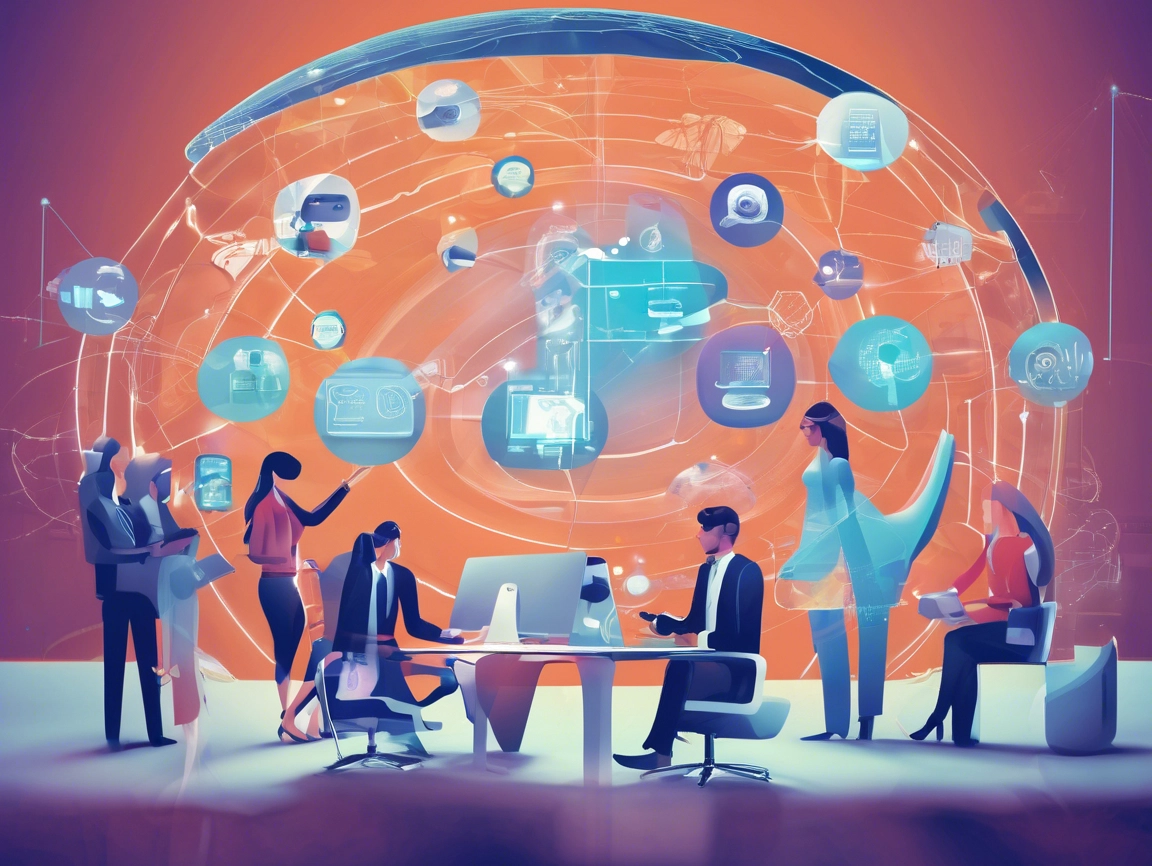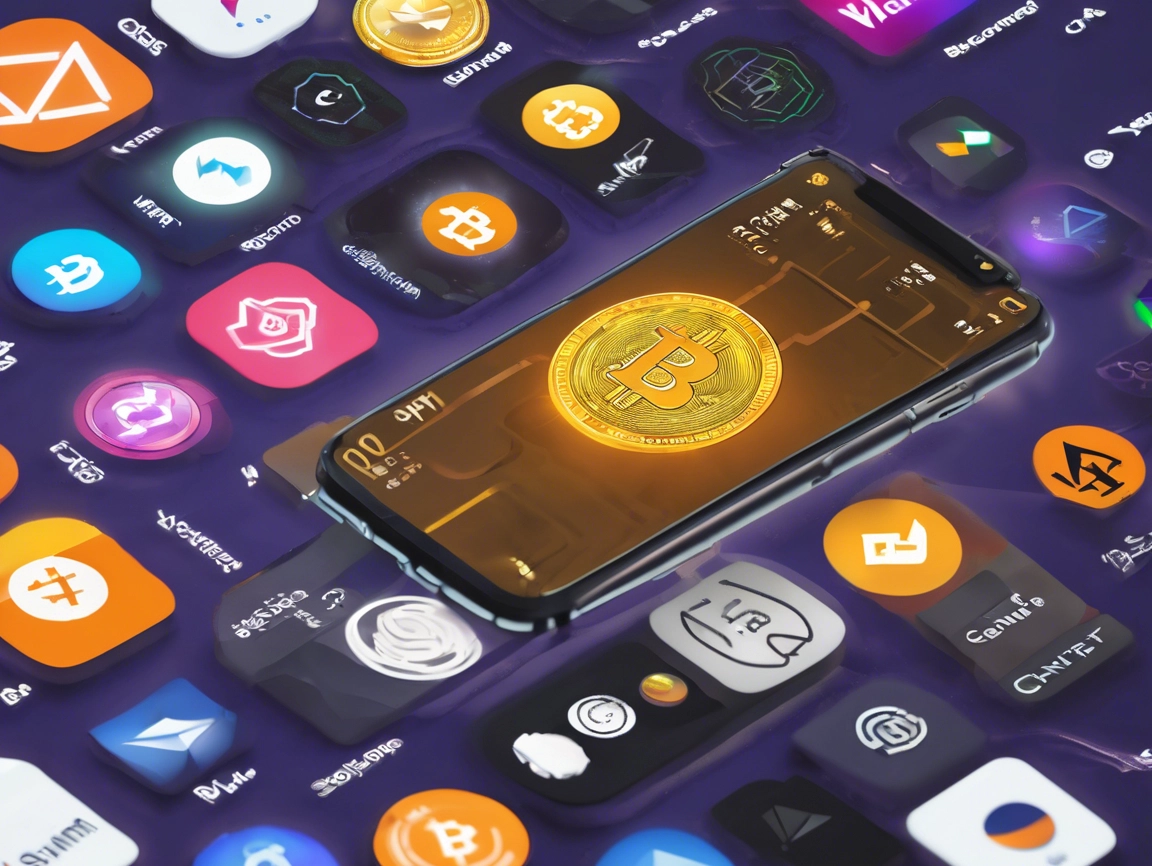
Web 3.0 in 2025: Business & Personal Life Re‑Shaped
Web 3.0 has long promised “decentralized, permission‑less, user‑centric” solutions, but the technology has moved from hype to a real‑world force that is reshaping how we work, transact, and even think about identity. In 2025, we’re no longer talking about Web 3.0 in isolation—it’s a foundation that’s woven into the fabric of everyday business and personal life.
1. Decentralized Finance (DeFi) – “Banking 2.0”
What Changed?
- No Intermediaries: Traditional banks, credit unions, and payment processors are no longer gatekeepers. Smart contracts execute loans, derivatives, and insurance automatically and transparently.
- Cross‑Border Payments: Instant, low‑fee transfers to anyone, anywhere, without relying on SWIFT or correspondent banks.
- Financial Inclusion: 3 billion “unbanked” individuals worldwide now have access to savings, credit, and investment products via a smartphone.
Real‑World Impact
- Small Business: A boutique in Nairobi can raise capital through a tokenized crowdfunding platform that distributes governance tokens to early investors. The token’s value appreciates as the business grows, giving investors a direct stake in success.
- Freelancers: A designer in Brazil can receive payments instantly in crypto, automatically converted to local fiat or held in a DeFi savings account that accrues yield.
- Personal Finance: Families use DeFi robo‑advisors that rebalance portfolios automatically, leveraging algorithmic strategies that were previously only available to institutional investors.
2. Decentralized Autonomous Organizations (DAOs)
What Changed?
- Governance on Chain: Token holders vote on proposals directly on the blockchain. Votes are transparent, immutable, and cannot be censored.
- No Hierarchical Management: Decision‑making power is distributed; leadership roles are often temporary or delegated through “smart‑governance” protocols.
Real‑World Impact
- Collaborative Projects: Artists, developers, and marketers form a DAO to create an open‑source media platform. Every contributor receives tokens proportional to their work, and the DAO decides on platform upgrades.
- Corporate Restructuring: A mid‑size software company transforms into a DAO, letting employees own voting shares as tokens, aligning incentives with company performance.
- Community Funding: A local community collects funds via a DAO to build a community garden, with transparent spending and community‑approved upgrades.
3. Non‑Fungible Tokens (NFTs) – Beyond Art
What Changed?
- Tokenized Assets: Physical real estate, vehicles, patents, and even digital twins are represented as NFTs, making ownership clear and transfer simple.
- Fractionalization: High‑value assets can be split into many NFTs, allowing micro‑investments and broader access.
Real‑World Impact
- Real Estate: A condominium developer tokenizes units, selling fractional shares to global investors while retaining full control of the property via a DAO.
- Collectibles & Gaming: Players own in‑game items as NFTs that can be traded across games and marketplaces, creating a true “play‑to‑own” economy.
- Personal Identity: Individuals issue verifiable credentials (educational certificates, licenses) as NFTs, giving employers a tamper‑proof way to validate qualifications.
4. Digital Identity & Self‑Sovereign Identity (SSI)
What Changed?
- Ownership of Data: Users generate cryptographic keys that serve as their identity anchors. Data can be shared selectively, with zero‑knowledge proofs to verify attributes without revealing raw data.
- Privacy‑by‑Design: No central repository of personal data; breaches at a single point are mitigated.
Real‑World Impact
- Personal Life: A job seeker presents a credential proof that they hold a bachelor’s degree without exposing the university’s database.
- Healthcare: Patients control access to their medical records, granting doctors or research institutions temporary, auditable access.
- Travel: Travelers use a self‑sovereign passport that proves nationality, vaccination status, and passport validity via zk‑SNARKs—no physical documents required.
5. Supply Chain Transparency
What Changed?
- Immutable Tracking: Every hop—from raw material extraction to retail shelf—is recorded on a public ledger.
- Smart Contracts: Payments trigger automatically when goods reach checkpoints.
Real‑World Impact
- Consumer Confidence: A coffee company shows the origin of each bean, traceable to the farmer, via a QR code that pulls data from a blockchain.
- Compliance: Regulatory bodies can audit supply chains in real time, reducing fraud and ensuring ethical sourcing.
- Logistics: Autonomous drones and robots use blockchain‑verified routes and inventory lists, minimizing errors and delays.
6. The Future of Work & Freelancing
- Gig Economy Tokenization: Freelancers earn “work tokens” that can be exchanged for fiat or used within a platform’s ecosystem (e.g., platform fees paid in tokens).
- Talent Pools: Companies curate a DAO of vetted experts; hiring is done via token‑based bids and transparent performance metrics.
- Remote Collaboration: Smart contracts ensure fair compensation for every hour worked, automatically splitting payments among all collaborators.
7. Challenges & the Path Forward
| Challenge | Current Mitigation | 2025 Outlook |
|---|---|---|
| Scalability | Layer‑2 rollups, sharding | More efficient consensus (e.g., proof‑of‑stake + sharding) |
| Regulation | Sandbox zones | More robust regulatory frameworks; crypto‑friendly jurisdictions |
| User Experience | Wallet onboarding tools | Improved UI/UX; social login with crypto wallets |
| Security | Audits, bug bounties | Formal verification, AI‑driven threat detection |
| Interoperability | Cross‑chain bridges | Standardized protocols (e.g., ERC‑6551 for NFTs) |
Takeaway
By 2025, Web 3.0 is no longer a niche technology—it is a cornerstone of modern business and personal life. From decentralized finance to self‑sovereign identity, it is democratizing access, ensuring transparency, and aligning incentives in ways that traditional systems cannot match. The next decade will deepen these trends, making Web 3.0 an integral part of everyday reality.
At Digital Fractal Technologies we turn cutting‑edge ideas into real‑world solutions. From lightning‑fast web and mobile apps to secure, decentralized blockchain architectures, our Alberta‑based team has the expertise to help you:
- Future‑proof your business with Web 3.0 integration
- Build token‑powered products that unlock new revenue streams
- Secure your digital identity & data with self‑sovereign solutions
- Launch a DAO or DeFi protocol that’s compliant, scalable, and user‑centric
Contact us for a free consultation.

